by Trianne Harabedian
 When people ask me about Neighborhood Girls by Jessie Ann Foley, I say that along with being funny and sweet, it had substance. Which, in my opinion, is always a good thing.
When people ask me about Neighborhood Girls by Jessie Ann Foley, I say that along with being funny and sweet, it had substance. Which, in my opinion, is always a good thing.
I tend to shy away from young adult novels. Although I love them as “literary junk food” (hey, we all gotta have it), books in this genre often seem to either only hint at emotional trauma and brokenness, or completely wallow in it. It is difficult to find a book in any genre that balances the two extremes, and for some reason YA is a particular challenge. But for me, Neighborhood Girls had it all. Lighthearted entertainment and teenage drama with unexpected insights of blatant truth, this novel kept me turning pages, laughing, and nearly crying the entire way through.
The story opens with a high school girl, Wendy, finding out the Catholic school she has attended all her life is about to close. Although this seems like momentum enough for the story-line of a novel, we soon find out that this impending change is only the backdrop to a more profound hurt. A few years earlier, Wendy’s policeman father was accused of torturing prisoners during interrogations. This accusation spiraled into a prison sentence, lawyer fees that forced the family to move, and complete alienation in their hometown of Chicago. In order to deal with her fear and isolation, Wendy attempts to protect herself by becoming part of the most popular clique at school. But deep down she knows that these girls don’t care about her at all.
Through the book, Wendy tries to prepare herself for leaving Academy of the Sacred Heart. She realizes that life as she has always known it is about to end, and there is nothing she can do about it. In the process, she finds herself dealing with the trauma of all that has happened to her family. Although she cannot change the past, she realizes that she dealt with everything poorly. She hurt her family and the friends who tried to be there for her, and she resolves to attempt to make things better. The story is about much more than the brokenness, moving from one funny situation with charming characters to another. It is lighthearted entertainment in true YA fashion. But every so often, Wendy has a moment of truth that resonates beyond the page. She asks difficult questions. She allows herself to fully experience her emotions. And she makes thoughtful decisions, allowing us to follow her inner monologue.
I thoroughly enjoyed this book, which I expected. But I was completely surprised by the level to which it resonated with me. I truly admire authors who are unafraid to place teenage fears and drama alongside pure human emotion and existential questions. Although this is the only one of her books I have read, Jessie Ann Foley has proven herself to be such an author with Neighborhood Girls. Can we move past family brokenness and find ourselves? Can we cope with trauma in positive ways? Can we find the beauty fractured, un-ordinary lives? This novel assures us that we can.


 You might think that having magic hair that’s attuned to your emotions would be a blessing, but the titular character in
You might think that having magic hair that’s attuned to your emotions would be a blessing, but the titular character in 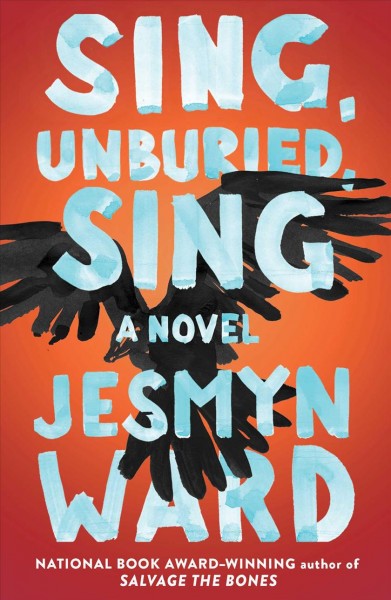 Jesmyn Ward’s
Jesmyn Ward’s 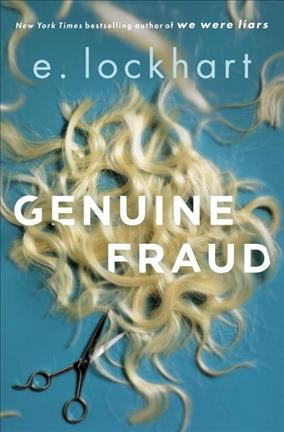 I was first turned on to E. Lockhart when my best friend and trusted book consultant recommended Lockhart’s We Were Liars. She couldn’t put it down. She loved it. She hated it. It wrecked her. All she could do after was take a nap. She couldn’t stop talking about it. This got me interested and when I saw she was coming out with a new book called
I was first turned on to E. Lockhart when my best friend and trusted book consultant recommended Lockhart’s We Were Liars. She couldn’t put it down. She loved it. She hated it. It wrecked her. All she could do after was take a nap. She couldn’t stop talking about it. This got me interested and when I saw she was coming out with a new book called 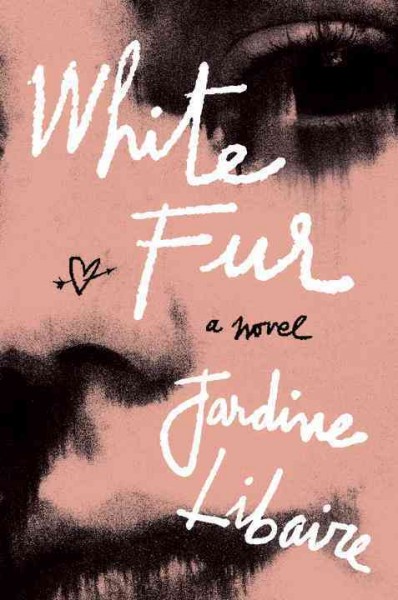
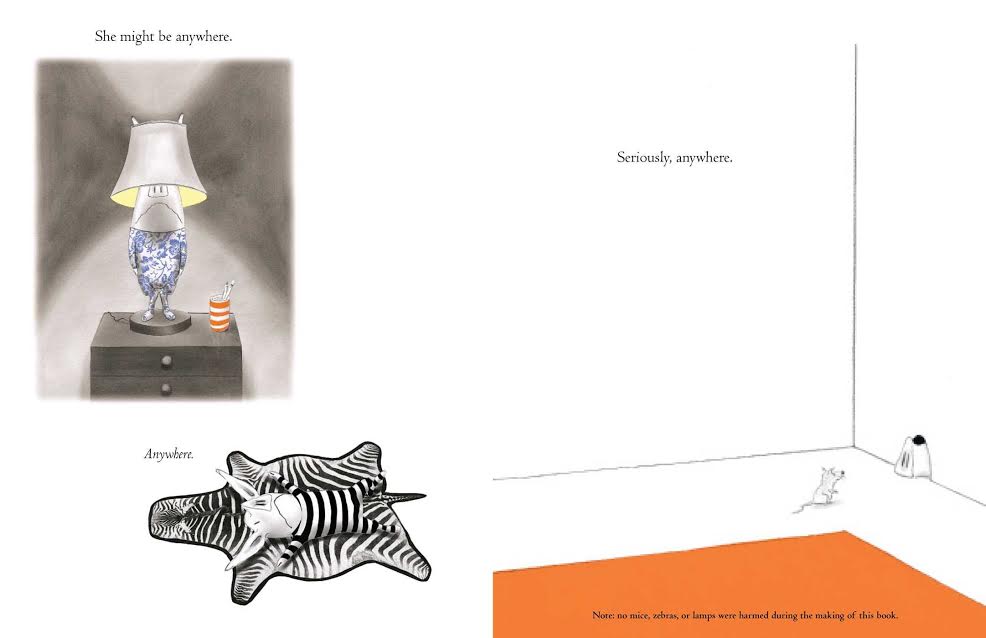
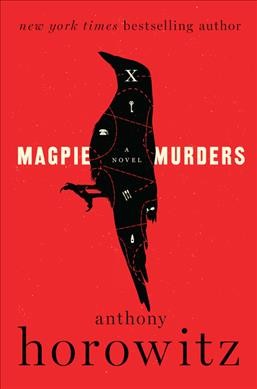 Let me start by saying that I’m a big fan of Agatha Christie; I’m super pumped for the
Let me start by saying that I’m a big fan of Agatha Christie; I’m super pumped for the  And Tampax decides that their sponsorship of a woman’s novel warrants extreme “productivity encouragement” in the form of house arrest and abductions. Towards the middle of each story, I began to connect the bizarre details. But every single time, the story went even further, until I found myself whispering, “Ohhhhhh, I didn’t think she would go there, BUT SHE DID.” The story would not end until I was thoroughly unsettled and, frankly, creeped out in the best way possible. I pride myself on my ability to see plot twists from a mile away. With Helen Ellis, I had no idea what would happen in the next five seconds.
And Tampax decides that their sponsorship of a woman’s novel warrants extreme “productivity encouragement” in the form of house arrest and abductions. Towards the middle of each story, I began to connect the bizarre details. But every single time, the story went even further, until I found myself whispering, “Ohhhhhh, I didn’t think she would go there, BUT SHE DID.” The story would not end until I was thoroughly unsettled and, frankly, creeped out in the best way possible. I pride myself on my ability to see plot twists from a mile away. With Helen Ellis, I had no idea what would happen in the next five seconds.
